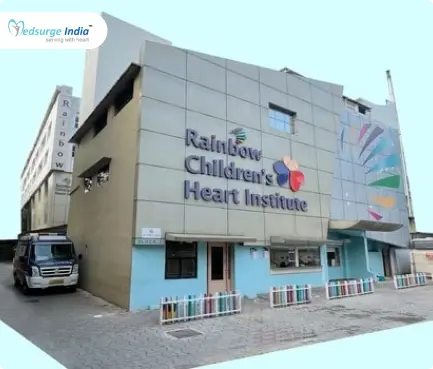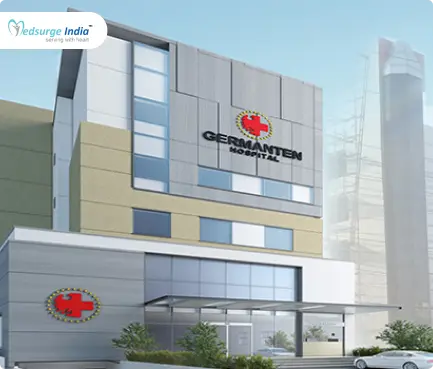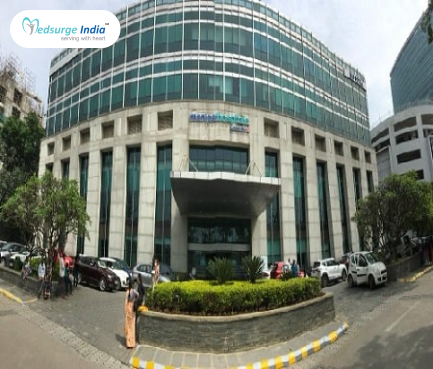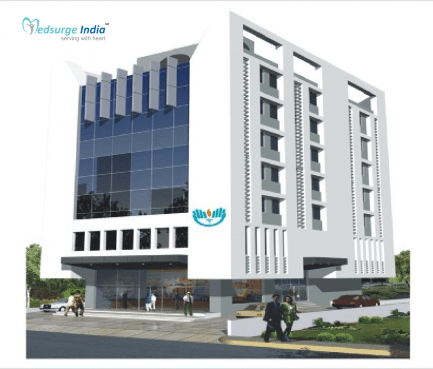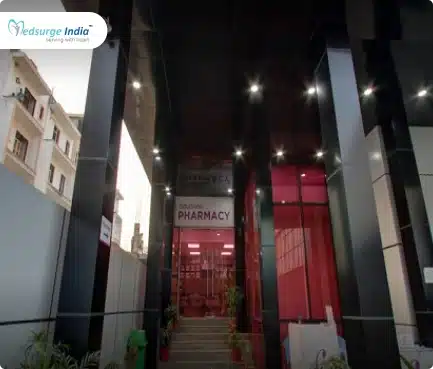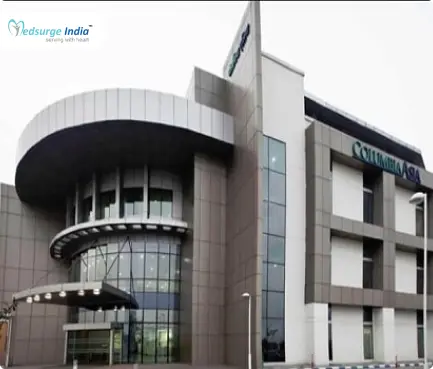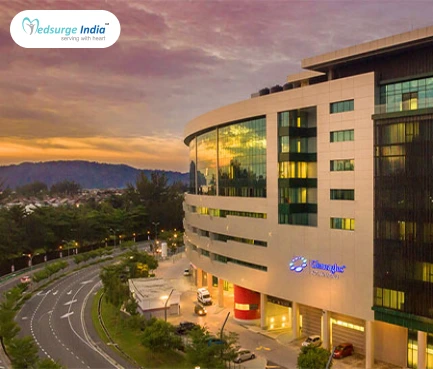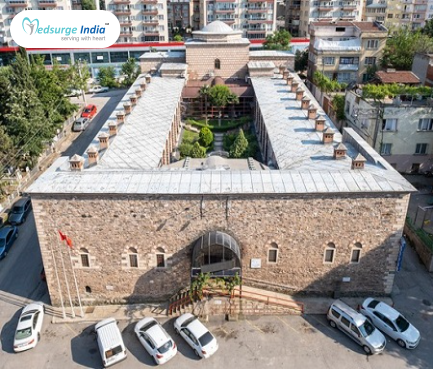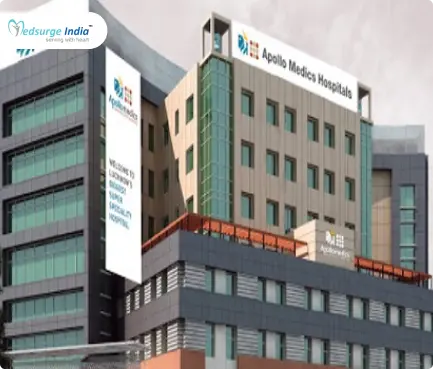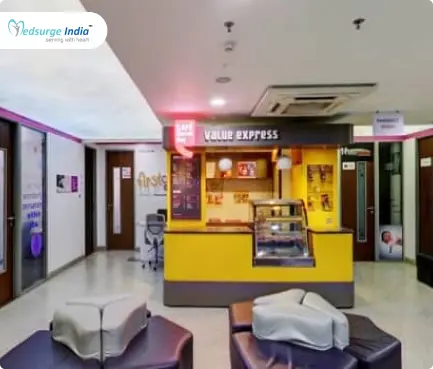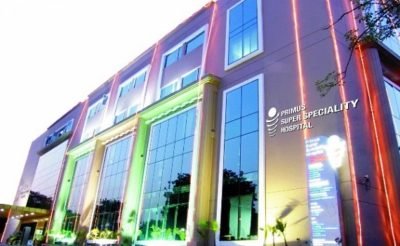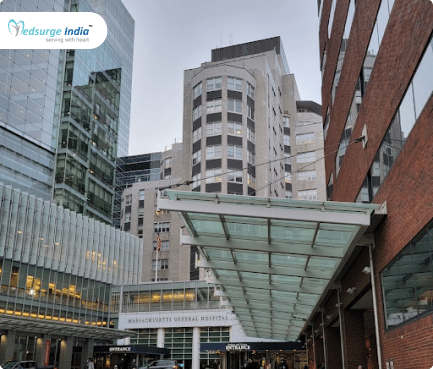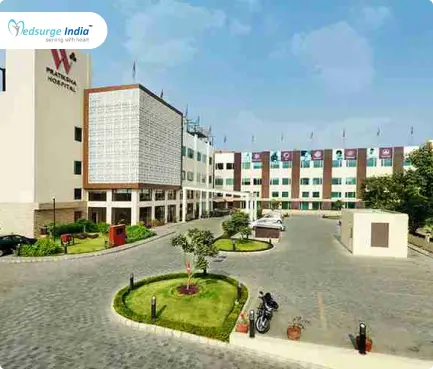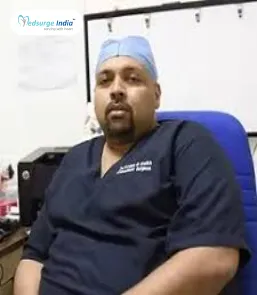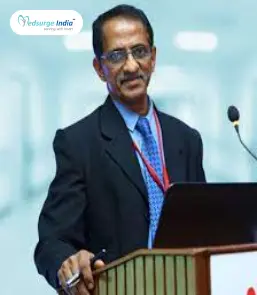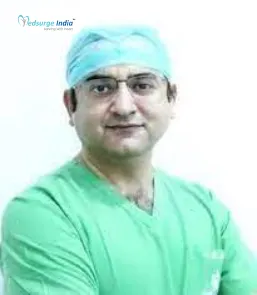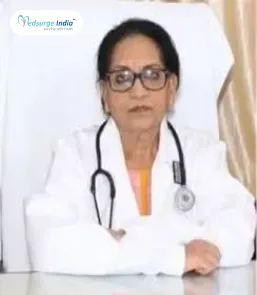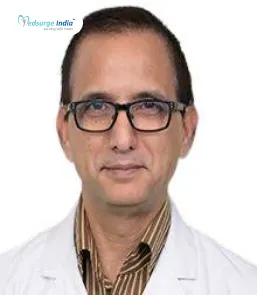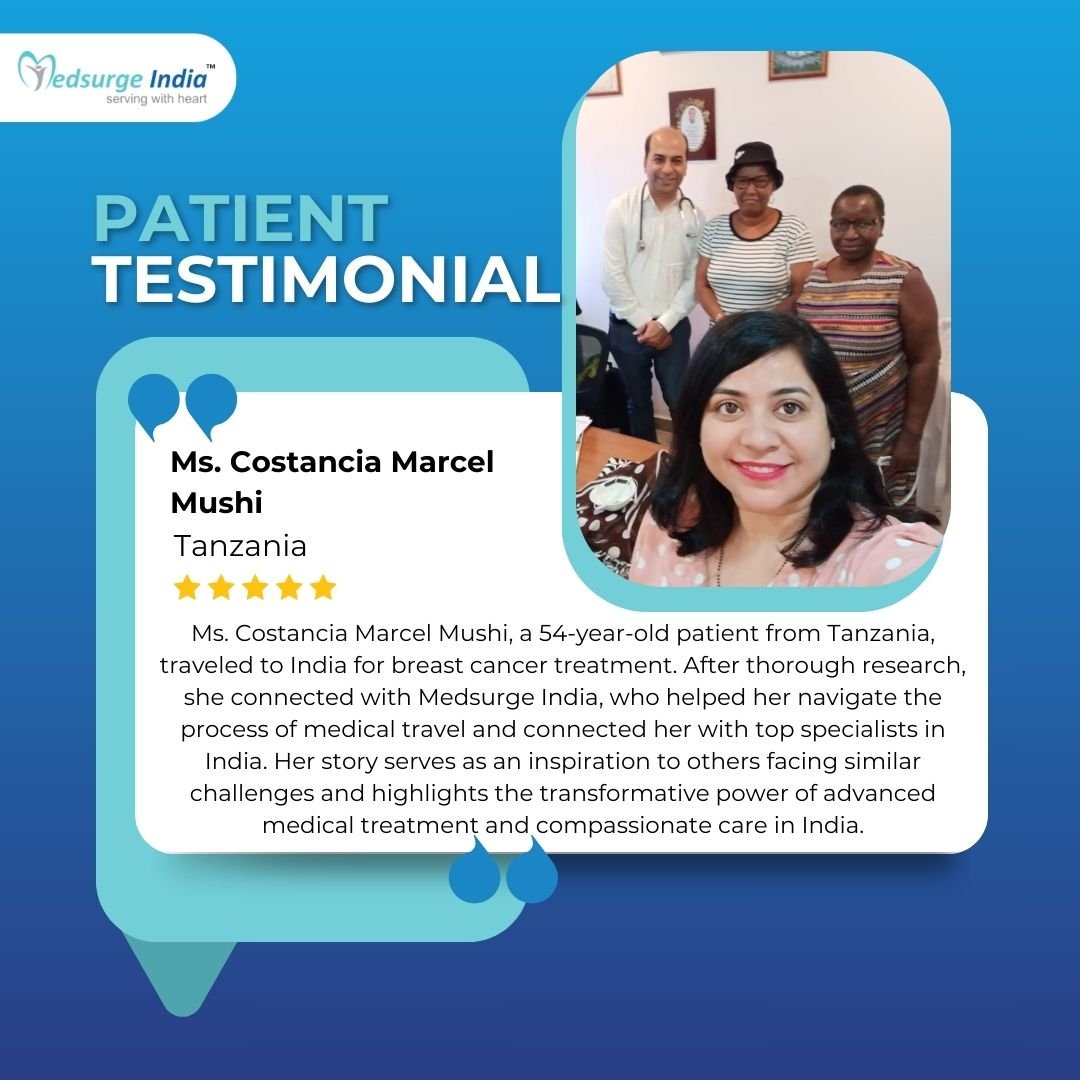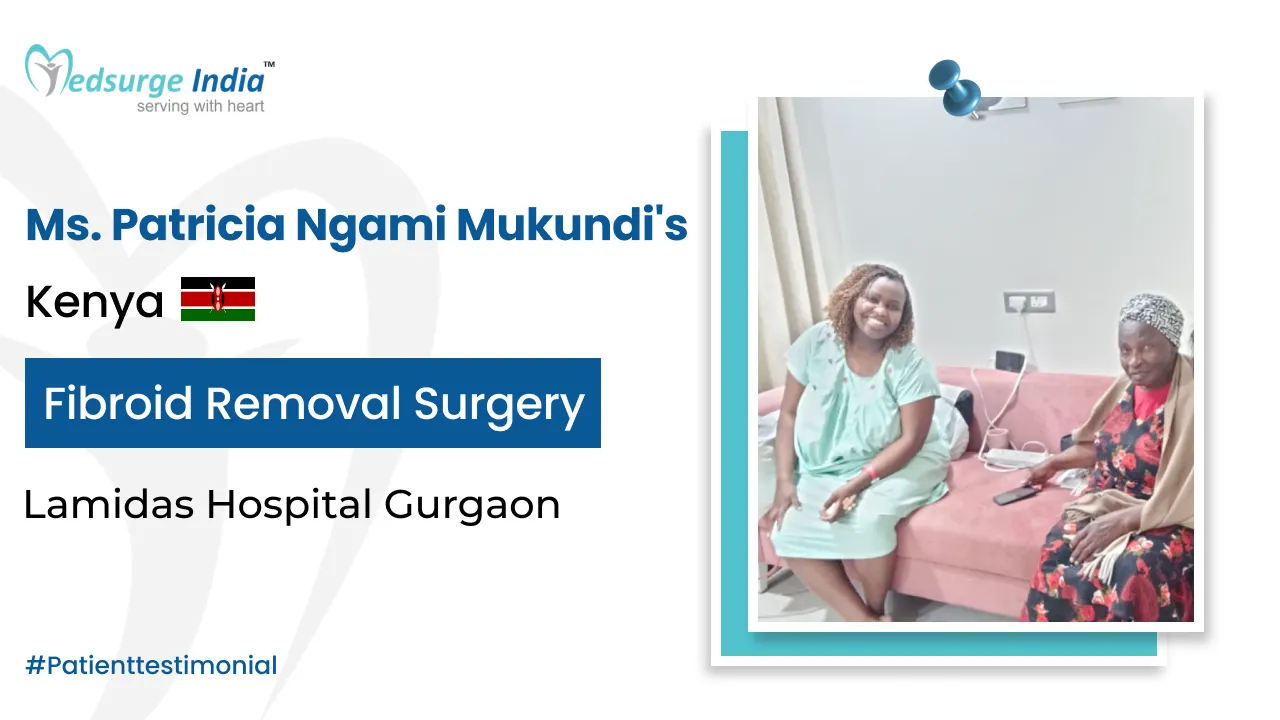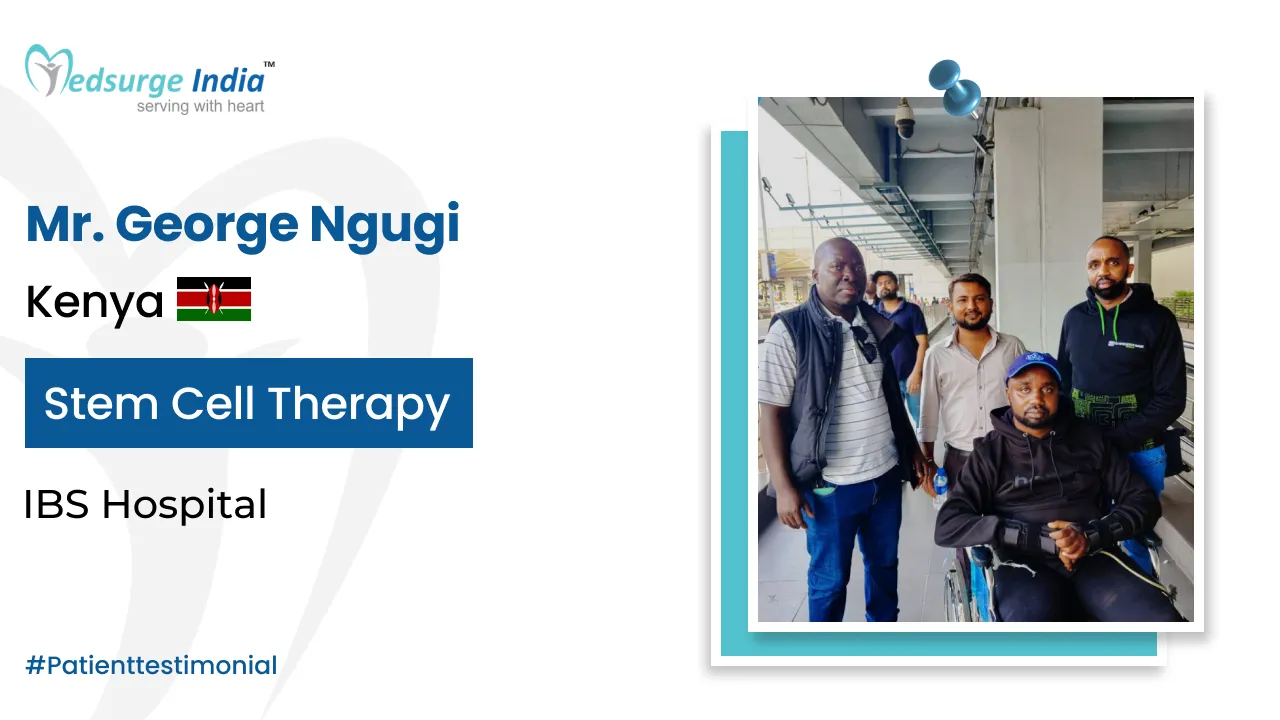
Abdominoperineal Resection is a procedure in which the surgeon removes the anus, rectum, sigmoid colon, and related lymph nodes via incisions in the abdomen and perineum. This way is achieved when cancer that you have is located very low in the rectum or anus, near the sphincter muscles controlling the gut movements.
Because of this, the Conclusion of the sigmoid colon is pulled out indefinitely on the top layer of the epidermis, known as a Stoma. It’s attached to a pouch to collect the waste substances from your system. This process is named Colostomy.
Causes / Risks of Rectal Cancer
Even Though the precise cause is unknown, a few of the aspects that could trigger are:
Age – Greater than 90 percent of patients are more than 50 decades old
Polyps – Benign growths at the interior wall of the colon or rectum
Private medical background – Girls with previous cancer of the uterus, or breasts are in danger
Family medical background – Relatives such as parents, grandparents, or children of an individual who has rectal cancer are somewhat likely to develop this cancer particularly if the man or woman is in a youthful age
Genetic alteration – Gene mutations happen when the DNA of a cell is damaged.
Ulcerative colitis or Crohn’s disease – Individuals with this disorder are also in danger
Smoking – Smokers are more likely to develop polyps and prostate cancer.
Dietary variable – Diet low in vegetables and high in red meat particularly charred or well-done are in a danger
Alcohol – Drinking more than 3 alcoholic drinks can increase it
Diabetes – Poorly controlled type 2 diabetes and insulin resistance
Radiation treatment – Radiation treatment for preceding cancer around the stomach may also raise the risk.
Symptoms of Abdominoperineal Resection
- Change in bowel habits
- Diarrhea, constipation, or a sense of not entirely vacant intestine
- Vomiting
- Blood in the stool
- Narrower feces dimension
- General stomach distress such as bloating, gas pains, cramps, etc
- reduction of fat for no known reason
- Tiredness
- Infection
Diagnosis and Tests Abdominoperineal Resection
- Physical evaluation of the affected region
- Fecal occult blood test (FOBT)
- Colonoscopy
- Virtual colonoscopy
- Sigmoidoscopy
- A double-contrast barium enema (DCBE)
- A digital rectal examination (DRE)
- Polypectomy
- Biopsy
Abdominoperineal Resection Cost in India
The average Abdominoperineal Resection Cost in India starts from USD 7000. For Abdominoperineal Resection Cost in India, the expenses are subject to variation based on the patient’s condition and the specific treatment approach chosen by the doctor in accordance with the results obtained.
Abdominoperineal Resection Cost in Various Cities in India
| Cities | Starting Price |
| Delhi | USD 7000 |
| Gurgaon | USD 7000 |
| Noida | USD 7000 |
| Mumbai | USD 7200 |
| Hyderabad | USD 7000 |
| Chennai | USD 7000 |
| Kolkata | USD 7000 |
| Bangalore | USD 7200 |
Please note that the pricing and the treatment for Abdominoperineal Resection cost in India will vary depending on the patient’s choice and other various factors.
More Evaluations
If prostate cancer is discovered, more tests will need to be performed in order to observe the phase of cancer to ascertain the plan of therapy for example:
- Blood evaluations
- Colonoscopy
- Endorectal ultrasound
- Chest X-Ray
- CT Scan
- MRI
Get Free Cost Estimation
Procedure
Stages of Rectal Cancer
- Phase 0 — quite premature cancer stage, cancer is found only in the innermost lining of the anus
- Phase I — cancer can be located more in the inner-wall of their anus
- Phase II — cancer has spread beyond the rectum, in the tissue but not the lymph node
- Phase III — cancer has spread into the lymph nodes but not to other areas of the human body
- Phase IV — cancer has spread into other areas such as the liver or lungs
- Recurrent — cancer has come back after treatment, recurring at the anus or different areas of the human body.
Surgery
- Before operation
- Total physical examination of this human body
- Taking diagnostic evaluations
- Be sure to notify your doctor of past personal and family’s medical history
- Based on the outcomes of the evaluations, place of the tumour, and stage of cancer, and the physician will choose the best treatment strategy for you
- You’ll be asked to stop taking certain drugs like blood thinners or another herbal medication if you’re taking any
- You’ll be asked to stop smoking should you
- You’ll be asked to stop eating and drinking 8 — 12 hours before the operation
- Drugs given ought to be taken with small sips of water
During operation
- You’ll be given general anesthesia, and that means you’ll be asleep and feel no hassle
- It might take two — 6 hours
- The surgeon will make an incision to the region under your stomach
- To prepare the sigmoid colon and rectal for elimination, he cuts and shuts the major blood vessels which severed the diseased region of the gut
- The sigmoid colon is freed and separated in the big intestine
- The anus can also be discharged from its surrounding constructions
- The surgeon then works the region inside the thighs (perinea region)
- The anus, rectum, and sigmoid colon are removed
- once the rectum is removed and link with the wholesome part isn’t feasible, the surgeon creates an opening in the wall of the stomach named Stoma to make way for your body squander
- A level bag is attached to the Stoma with specific adhesive. This process is Named Colostomy
- A colostomy may be temporary before the anus recovers along with the surgeon reconnect the Areas of the stoma and shut it
- It may also be irreversible if the tumor is at the lower anus
- The surgeon then closes the incision
After operation
- You may remain in the hospital for a minimum of one week
- You’ll feel tired for a while
- Your digestive tract takes a while to become busier. You’ll be fed up on fluids and on solids finally
- An enterostomal therapist can allow you to get familiar with your own pouch
- Any pain may be dealt with medicines
- You need to avoid strenuous activities or lifting heavy objects
- Routine checkups will be performed in which tests will be replicated to assess recovery or some recurrence.
Hazards and Complications
As with any operation Complications like the below could happen:
- Infection
- Issues with colostomy
- A blood clot in the legs
- Accidental damage to the ureter
Cardiopulmonary complications
Factors That Can Affect Abdominoperineal Resection Cost in India
The following here are some variables that can affect Abdominoperineal Resection Cost in India:
- Medication costs.
- Duration of treatment.
- Geographical location.
- Hospitalization expenses.
- Government policies and subsidies.
- Medical tourism packages.
- Hospital reputation and infrastructure.
- The expertise and experience of medical professionals.
- The type and frequency of diagnostic procedures.
- The choice of treatment modality.
In addition, the quality and level of medical care and facilities offered are on par with renowned healthcare institutions worldwide, even after factoring in the costs of accommodation, meals, and transportation. Moreover, under the guidance of highly proficient doctors, Medsurge India ensures that patients receive the most affordable Abdominoperineal Resection Cost in India.
The Most Important Frequently Asked Questions
Q: What’s Abdominoperineal Resection?
A: It’s an operation to remove the anus, rectum, and sigmoid colon as a result of the existence of a cancer tumour in the region.
Q: Who Are Proven to Be at Rectal Cancer Threat?
A: Individuals over age 50 are seen to be at risk than other variables by 90 percent.
Q: What Is a Stoma?
A: A stoma is an opening at the large intestine into the stomach to bypass the anus in taking waste out in the body.
Q: What’s a Colostomy?
A: Colostomy is a process in which the waste of the human body is removed in the stoma in a little pouch as the anus recovers.
Q: Can I Need a Colostomy?
A: You may receive a temporary or permanent Colostomy determined by just how low the tumour was on your anus.
Q: Can Colostomy Impact My Life?
A: It might require a few alterations on your way of life but with appropriate instruction and advice from the enterostomal therapist, you’ll able to take care of regular actions in life including gender.
Q: Will the Operation Be Painful?
A: You will be given a general anesthetic, which means you won’t feel any pain. You might feel a little tender, but that will pass. Any excruciating pain is going to be treated with medications.
Q: How Long Will I Want to Remain in the Hospital?
A: you’ll have to remain a minimum of one week that depends on your own recovery.
Q: How Much Time Does It Take to Bounce Back?
A: Total healing will take around 3 weeks. It’s necessary to perform a normal checkup during the next months following surgery to track progress and assess some symptoms of recurrence.
Q: What’s the Prognosis After Surgery?
A: The 5-year survival rate varies as it is dependent upon the phase of cancer. During the first phase, the survival rate is roughly 85 — 90 percent whereas, during the subsequent stage, it’s discovered to below.
Q: How Soon Will Be Ready to Fly Long Haul?
A: It is generally suggested to traveling 4 — 6 months following the operation. You need to check with your health care provider prior to making any travel program and familiarize yourself with the airline coverage on patients for the greatest benefit.
Q: Do I Want to Take a Yellow Fever Vaccination Certificate Once I Travel to India?
A: If you’re traveling from Africa, South America, or other areas where yellow fever is located. Both adults and children will need to take the certification.
Q: Can I Want Oral Polio Vaccination Certification?
A: All travelers from Afghanistan, Pakistan, Kenya, Ethiopia, Nigeria, Somalia, and Israel should carry a Cosmetic Polio Vaccination (OPV) Certification which must be obtained not earlier than 6 months prior entrance. This principle applies to both adults and kids.
Q: Could I Get a Visa on Arrival If I Visit India for My Remedy?
A: Yes if you are from Japan, Cambodia, Finland, Indonesia, Philippines, Luxembourg, Myanmar, New Zealand, Singapore, South Korea as well as Vietnam. Travelers from Bhutan, Nepal, and Maldives can enter India without a visa i.e. around 90 days.
Q: What Are the Eligibility Conditions to Get a Health Visa to India?
A: If You’ve Got a valid passport and visa and are looking for medical care in a Recognized and respected hospital in India, then it is possible to make an application for a medical visa to India. Up to two attendants That Are blood relatives may accompany the individual under different attendant visas.
Top Hospitals for Abdominoperineal Resection in India
Top Doctors for General Surgery
Dr. Rajesh Nathani
Senior Consultant
Experience: 30 years of experience
Fortis Hospital, Mulund, Mumbai
Mumbai, India
Dr. Praveen Kumar P
Senior Consultant
Experience: 29+ years of experience
Sahyadri Narayana Multispeciality Hospital, Harakere, Shimoga
Shimoga, India
Dr. Hitendra Sharma
Consultant
Experience: 25 years of experience
Manipal Hospital Formerly Columbia Asia Ghaziabad
Ghaziabad, India
Dr. Reshma Palep
Senior Consultant
Experience: 19 years of experience
Sir HN Reliance Foundation Hospital
Mumbai, India
Dr. Shabeer Ahmed
Consultant
Experience: 30 years of experience
Fortis Hospital, Bangalore (Bannerghatta Road)
Bangalore, India
Dr. Anandi A
Consultant
Experience: 18 years of experience
Apollo Specialty Hospital Vanagaram, Chennai
Chennai, India
Dr. Forqan Babu Shaikh
Senior Consultant
Experience: 16+ years of experience
NH Rabindranath Tagore International Institute of Cardiac Sciences, Kolkata
Kolkata, India
Dr Major R S Rengan
Consultant
Experience: 15 years of experience
Apollo First Med Hospitals, Kilpauk
Chennai, India
Dr. Chander M Malhothra
Consultant
Experience: 25 years of experience
Apollo Spectra Hospital, New Delhi
New Delhi, India
Dr. Narendra Kumar Reddy G
Senior Consultant
Experience: 23 years of experience
Manipal Hospital Whitefield Formerly Columbia Asia Bangalore
Bangalore, India
Dr. Sunit Mediratta
Consultant
Experience: 16 years of experience
Indraprastha Apollo Hospital New Delhi
New Delhi, India
Dr. Yashavanth Kumar V
Consultant
Experience: 10 years of experience
Fortis Hospital, Bangalore (Bannerghatta Road)
Bangalore, India
Dr. Padma Saxena
Senior Consultant
Experience: 35 years of experience
RLKC Hospital & Metro Heart Institute, Pandav Nagar, Delhi
New Delhi, India
Dr. Kiran P. V
Consultant
Experience: 8 years of experience
Sparsh Hospital (Yeshwanthpur) Bangalore
Bangalore, India
Dr. Ashok Hatolkar
Consultant
Experience: 41 years of experience
Nanavati Super Specialty Hospital Mumbai
Mumbai, India
Dr. Guru Prasad Painuly
Director
Experience: 41 years of experience
Max Super Speciality Hospital Dehradun
Dehradun, India




